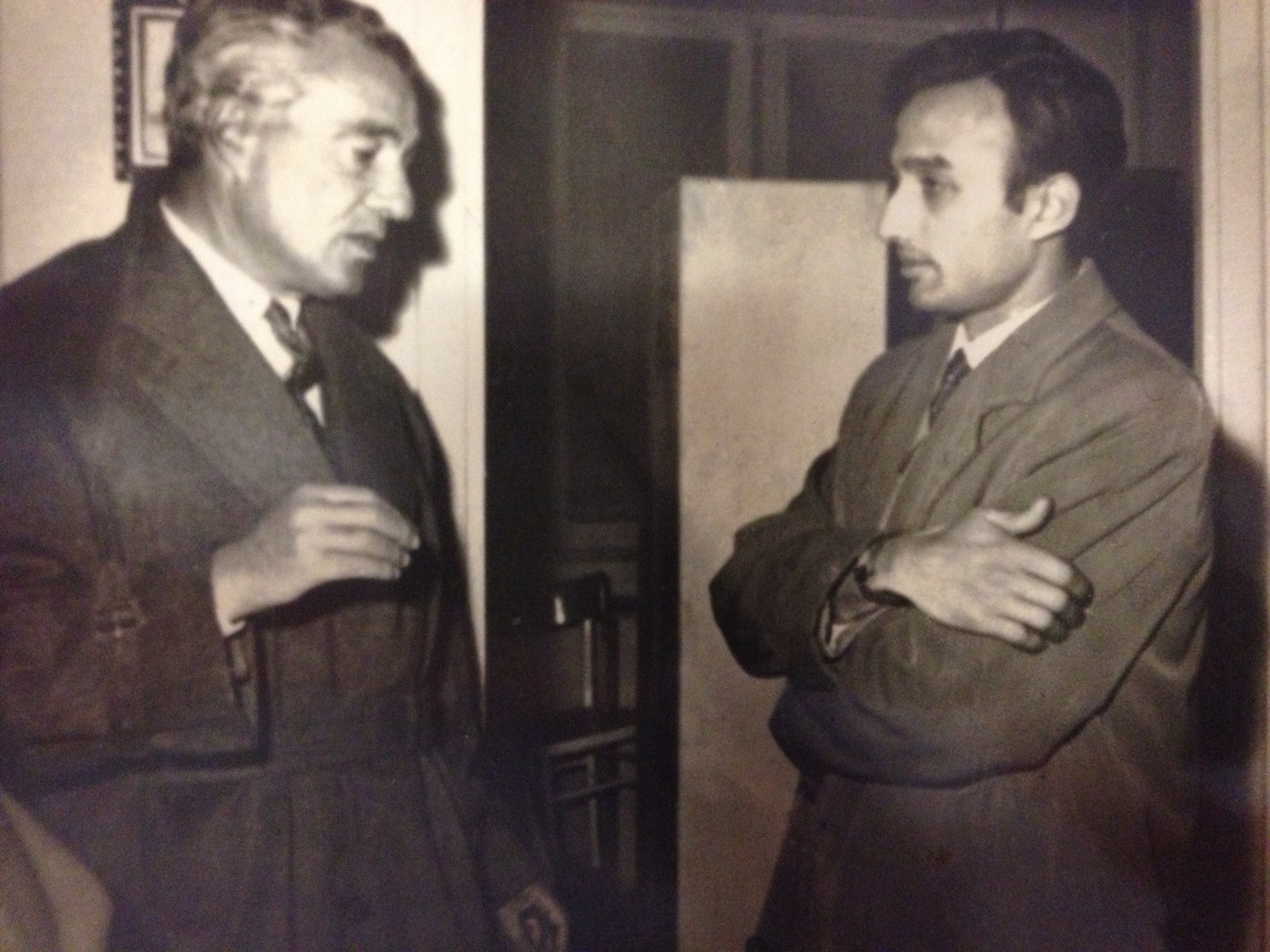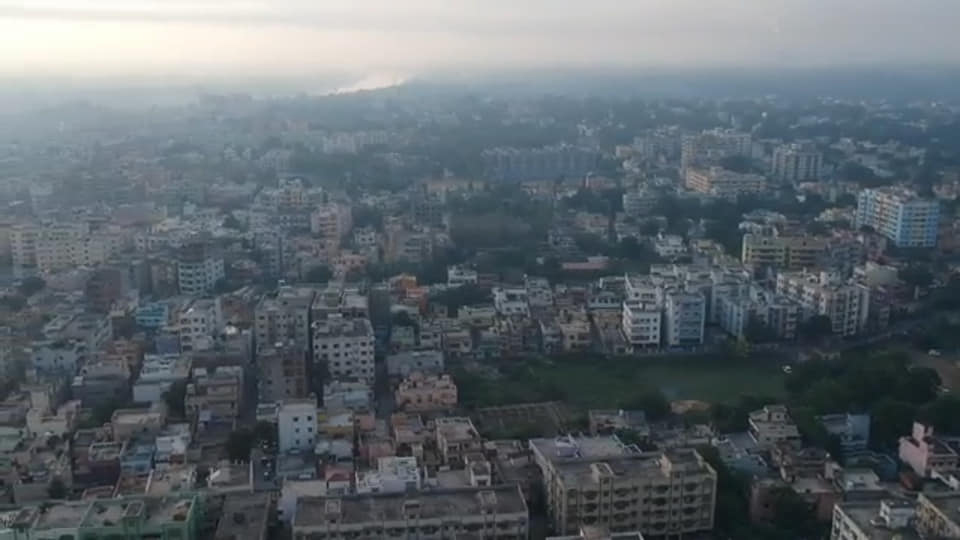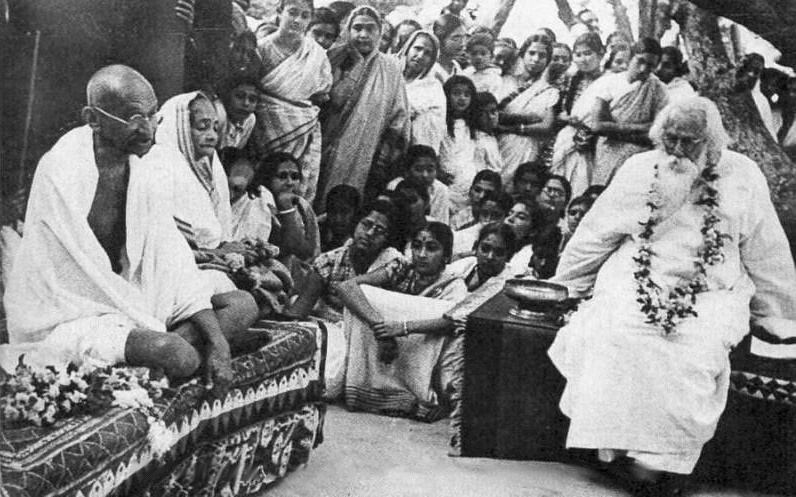|
Amit Bose
Amit Bose (26 February 1930 - 13 December 2019) was an Indian filmmaker, film director and editor, who directed all-time classics like ''Abhilasha (1968 film), Abhilasha'' (1968) and, as an Editor, worked on movies like ''Madhumati'' (1958), ''Sujata (1959 film), Sujata'' (1959), ''Parakh (1960 film), Parakh'' (1960), Usne Kaha Tha' (1960), ''Kabuliwala (1961 film), Kabuliwala'' (1961), Prem Patra' (1962), ''Bandini (1963 film), Bandini'' (1963) and ''Shakespeare Wallah'' (1965). He worked as Chief Film Editor for Bimal Roy and with several other directors including Sanjay Khan. Early life Bose was born in Jamshedpur/Bihar, India. His grandfather was the geologist Pramatha Nath Bose, who discovered rich iron ores, that made the Empire of J.R.D. Tata possible, which today belong to the Tata Group. Eminent economic historian and civil servant Romesh Chunder Dutt was his great grandfather. Dutt's daughter Kamala Dutt Bose, a renowned educator who founded the “Kamala Girls Schoo ... [...More Info...] [...Related Items...] OR: [Wikipedia] [Google] [Baidu] |
Jamshedpur
Jamshedpur (, ) or Tatanagar is the largest and most populous city in Jharkhand and the first planned industrial city in India. It is a Notified Area Council and Municipal Corporation and also the headquarter of the East Singhbhum district. It is a popular tourist destination known for its forests, ancient temples and royal palaces. It was ranked as the cleanest city of India in the year 2019. It was founded by Jamsetji Tata, founder of the Tata Group, and was named after him. It was established in 1919. Jamshedpur was ranked as the cleanest city of India in 2020 by Swach Survekshan in 2020. Jamshedpur was ranked the 7th cleanest city of India in 2010. The city is also ranked as 2nd in India in terms of quality of life. Jamshedpur is the 84th fastest growing city in the world according to City Mayors Foundation. It is the headquarters of the East Singhbhum district of Jharkhand and is the 36th – largest urban agglomeration and 72nd largest city in India by population. It i ... [...More Info...] [...Related Items...] OR: [Wikipedia] [Google] [Baidu] |
Ballygunge
Ballygunge is a locality of South Kolkata, in Kolkata district, West Bengal, India. History The East India Company obtained from the Mughal emperor Farrukhsiyar, in 1717, the right to rent from 38 villages surrounding their settlement. Of these 5 lay across the Hooghly in what is now Howrah district. The remaining 33 villages were on the Calcutta side. After the fall of Siraj-ud-daulah, the last independent Nawab of Bengal, it purchased these villages in 1758 from Mir Jafar, and reorganised them. These villages were known en-bloc as ''Dihi Panchannagram'' and Ballygunge was one of them. It was considered to be a suburb beyond the limits of the Maratha Ditch. Beltala was a village in Dihi Mohanpur (later Monoharpukur). Ballygunge grew up around a market for sand (''bali'' in Bengali) and had garden-houses of 18th century Europeans. Amongst the prominent residents were George Mandeville, the zamindar/ collector, and Colonel Gilbert Ironside, a friend of Warren Hastings. In 18 ... [...More Info...] [...Related Items...] OR: [Wikipedia] [Google] [Baidu] |
Pathé
Pathé or Pathé Frères (, styled as PATHÉ!) is the name of various French people, French businesses that were founded and originally run by the Pathé Brothers of France starting in 1896. In the early 1900s, Pathé became the world's largest film equipment and production company, as well as a major producer of phonograph records. In 1908, Pathé invented the newsreel that was shown in cinemas before a feature film. Pathé is a major film production and distribution company, owning a number of cinema chains through its subsidiary Les Cinémas Pathé Gaumont and television networks across Europe. It is the second-oldest operating film company behind Gaumont Film Company, which was established in 1895. History The company was founded as Société Pathé Frères (Pathé Brothers Company) in Paris, France on 28 September 1896, by the four brothers Charles Pathé, Charles, Émile, Théophile and Jacques Pathé. During the first part of the 20th century, Pathé became the large ... [...More Info...] [...Related Items...] OR: [Wikipedia] [Google] [Baidu] |
Pinewood Studios
Pinewood Studios is a British film and television studio located in the village of Iver Heath, England. It is approximately west of central London. The studio has been the base for many productions over the years from large-scale films to television programmes, commercials, and pop promos. It is well known as the home of the ''James Bond'' and ''Carry On'' film franchises. History Pinewood Studios was built on the estate of Heatherden Hall, a large Victorian country house which was purchased by Canadian financier, and Member of Parliament (MP) for Brentford and Chiswick, Lt. Col. Grant Morden (1880–1932). He added refinements such as a ballroom, a Turkish bath and an indoor squash court. Due to its seclusion, it was used as a discreet meeting place for high-ranking politicians and diplomats; the agreement to create the Anglo-Irish Treaty was signed there. In 1934, building tycoon Charles Boot (1874–1945) bought the land and turned it into a country club. The ballroom ... [...More Info...] [...Related Items...] OR: [Wikipedia] [Google] [Baidu] |
Meena Kumari
Meena Kumari (born Mahjabeen Bano; 1 August 1933 – 31 March 1972) was an Indian actress and poet, who worked in Hindi films. Popularly known as ''The Tragedy Queen'', she was active between 1939 and 1972. Kumari is widely considered one of the greatest actress of Indian cinema. In a career spanning 33 years, she starred in over 90 films until her premature death in 1972. Meena Kumari won four Filmfare Awards in the Best Actress category. She was the recipient of the inaugural Filmfare Best Actress Award for ''Baiju Bawra'' in 1954 and had a consecutive win in the second Filmfare Awards (1955) for '' Parineeta''. Kumari made history at the 10th Filmfare Awards (1963), by receiving all three of the Best Actress nominations, and won for her performance in '' Sahib Bibi Aur Ghulam''. In the 13th Filmfare Awards (1966), she won her last Best Actress award for ''Kaajal''. Critics often note that her character in ''Sahib Bibi Aur Ghulam'' was similar to the story of her life. Fa ... [...More Info...] [...Related Items...] OR: [Wikipedia] [Google] [Baidu] |
Malad
Malad (Pronunciation: aːlaːɖ is a suburb located in North Mumbai. Malad has a railway station on the Western line (Mumbai Suburban Railway) of the Mumbai Suburban Railway, lying between Kandivali station to the north and Goregaon station to the south. The railway tracks of the Western Line divide Malad into Malad (West) and Malad (East). It has a large Marathi population. Also located in Malad is a prominent office commercial space extending from the back of the two prominent shopping malls Inorbit Mall & Infiniti Mall. Marve Beach and Aksa Beach are Located in Malad. History In the 16th century, Malad consisted of a number of villages including Orlem (also known as Valnai), Kharodi, Rathodi, Malwani, Marve, Aksa, Madh and Chincholi. The other old settlements in Malad were villages occupied by the local SKP community, East Indian Community, Bhandaris and Kolis - who are recognized as the original native inhabitants of Mumbai, these communities are still living in Malad. ... [...More Info...] [...Related Items...] OR: [Wikipedia] [Google] [Baidu] |
Phani Majumdar
Phani Majumdar was a pioneering Indian film director, who worked in Hindi cinema, most known for his film ''Street Singer'' (1938) starring K.L. Saigal noted for its song, '' Babul Mora Naihar Chhooto Jaye'', Meena Kumari classic ''Aarti'' (1962) and ''Oonche Log'' (1965). He also worked in Singapore, where he notably made ''Hang Tuah'' (1955) in Malay, which was nominated for the Golden Bear at the 7th Berlin International Film Festival. Career Starting in 1930s, with leading film director P.C. Barua at New Theatres Studio of Calcutta founded by B. N. Sircar, who during this period made classics like ''Devdas'' (1935). He moved to Bombay in 1941 and worked with Bombay Talkies studio, he made ''Tamanna'' (1942) with Suraiya and ''Mohabbat'' (1943) with Shanta Apte and ''Andolan'' (1951). He made films in Punjabi, Magadhi (Bhaiya, 1961) and Maithili (''Kanyadaan'', 1965). His ''Oonch Log'' was actor Feroz Khan's first hit and won the National Film Award for Second Best Feature ... [...More Info...] [...Related Items...] OR: [Wikipedia] [Google] [Baidu] |
Mumbai
Mumbai (, ; also known as Bombay — the official name until 1995) is the capital city of the Indian state of Maharashtra and the ''de facto'' financial centre of India. According to the United Nations, as of 2018, Mumbai is the second-most populous city in India after Delhi and the eighth-most populous city in the world with a population of roughly 20 million (2 crore). As per the Indian government population census of 2011, Mumbai was the most populous city in India with an estimated city proper population of 12.5 million (1.25 crore) living under the Brihanmumbai Municipal Corporation. Mumbai is the centre of the Mumbai Metropolitan Region, the sixth most populous metropolitan area in the world with a population of over 23 million (2.3 crore). Mumbai lies on the Konkan coast on the west coast of India and has a deep natural harbour. In 2008, Mumbai was named an alpha world city. It has the highest number of millionaires and billionaires among all cities i ... [...More Info...] [...Related Items...] OR: [Wikipedia] [Google] [Baidu] |
Santiniketan
Santiniketan is a neighbourhood of Bolpur town in the Bolpur subdivision of Birbhum district in West Bengal, India, approximately 152 km north of Kolkata. It was established by Maharshi Devendranath Tagore, and later expanded by his son, Rabindranath Tagore whose vision became what is now a university town with the creation of Visva-Bharati.Pearson, WW.: ''Santiniketan Bolpur School of Rabindranath Tagore'', illustrations by Mukul Dey, The Macmillan Company, 1916 History In 1863, Debendranath Tagore took on permanent lease of land, with two ( Alstonia scholaris) trees, at an annual payment of Rs. 5, from Bhuban Mohan Sinha, the talukdar of Raipur, Birbhum. He built a guest house there and named it ''Shantiniketan'' (the abode of peace). Gradually, the whole area came to be known as Shantiniketan.Basak, Tapan Kumar, ''Rabindranath-Santiniketan-Sriniketan (An Introduction)'', p. 2, B.B.Publication Binoy Ghosh says that Bolpur was a small place in the middle of the 19th ... [...More Info...] [...Related Items...] OR: [Wikipedia] [Google] [Baidu] |
Bolpur
Bolpur is a city and a municipality in Birbhum district in the state of West Bengal, India. It is the headquarters of the Bolpur subdivision. Bolpur municipal area includes Santiniketan, Sriniketan and Prantik. The city is known as a Cultural and Educational hub of the West Bengal. The city is under the Jurisdiction of Bolpur and Santiniketan Police station. Bolpur is the largest and most populous city in Birbhum district and 28th most populous city in West Bengal. Located on the banks of Ajay River and Kopai (Sal) River, Bolpur has been a major Human settlement. There is also red light area around goal para. It is 150 km north of Kolkata and is famous for Visva Bharati, the University set up by the Nobel laureate poet Rabindranath Tagore. Etymology There is a mythical story that says that Supur was the capital of Raja Surath. He lost his kingdom when he had gone out for conquests, but regained the same with the blessings of goddess Bhavani. In his worship of gratitude, ... [...More Info...] [...Related Items...] OR: [Wikipedia] [Google] [Baidu] |
Amit Bose - Vittorio De Sica - Il Tetto - Rome - 1954-55
Amit is a male given name of Indian or Hebrew origin. In Hindi, Amit ( hi, अमित, means "infinite" or "boundless", bn, অমিত) originates from the Sanskrit word ' (अमित:), ' (अमित:) essentially is the negation of ' (मित), which means "to measure". In Hebrew, Amit ( he, עמית) means "friend", "colleague" or "member of the organization". The word appears in the Bible twelve times, mostly in Leviticus. Though traditionally a common male name, it is being increasingly used as a female name in Israel. Nevertheless, it is still among the most popular names given to Jewish boys in Israel.But till date it has not been recognised as a Jew name by many Rabbis and Religious Leaders Given name * Amit Behl (born 1955), Indian television actor * Amit S. Bakshi, Indian hockey player * Amit Bhadana (born 1994), Indian comedy YouTuber * Amit Chaudhuri (born 1962), Indian novelist, poet, essayist, literary critic, editor, singer and music composer * Amit K ... [...More Info...] [...Related Items...] OR: [Wikipedia] [Google] [Baidu] |







